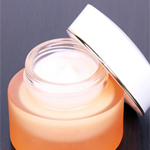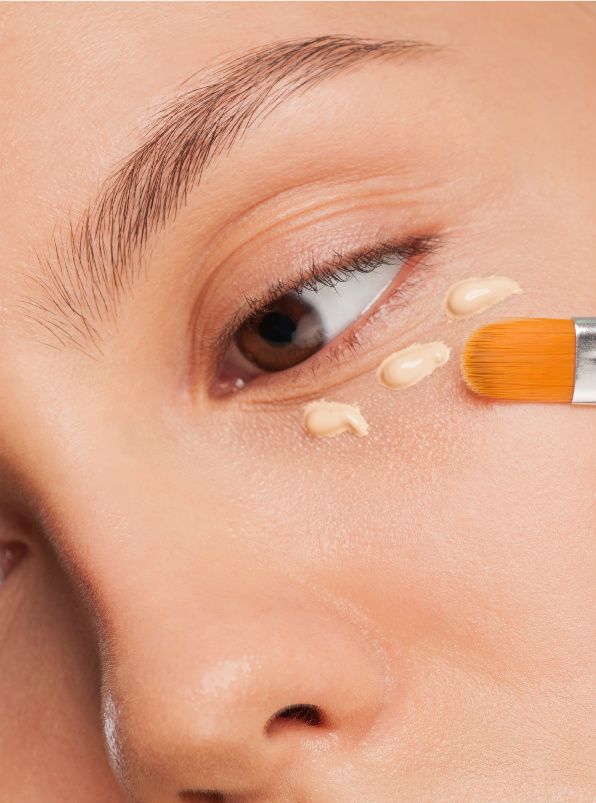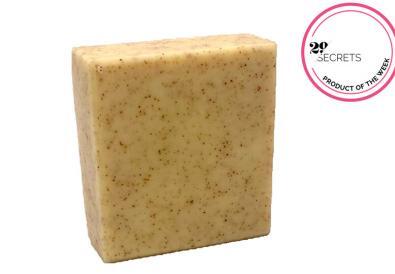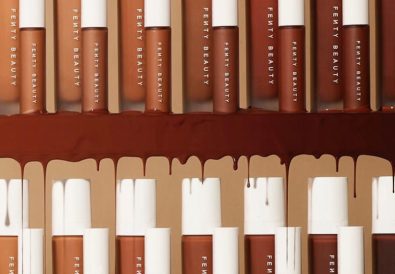We’ve all been there before “ looking up and down a wall of seemingly identical skincare products. More often than not, we end up making our choice based on packaging and price alone, but that won’t do your skin any favours. Here’s what you need to take into account before you slather that moisturizer on your face.
If you have: sensitive skin
Look for a simple lotion. First of all, you’re looking for what this moisturizer does not contain, and that includes any fragrances (it should say unscented right on the front of the packaging), and other potentially irritating ingredients like salicylic acids or hydroxy acids. You may want to get something with soothing plant-based ingredients, like aloe vera and chamomile. All in all, the fewer ingredients the better.
If you have: acne-prone skin
Look for a moisturizer with a light texture, like a gel, that won’t further clog your pores. You’ll also want to look for a label that says noncomedogenic (which also means that it won’t cause acne), as well as some acne-fighting ingredients like salicylic acid or benzoyl peroxide.
If you have: dry skin
Look for A thicker cream that will provide a barrier to your skin to help it retain moisture. The most protective ingredients include shea butter, jojoba, other natural oils, and silicones. You’ll also want a humectant, which is an ingredient that helps to draw moisture from the air into the skin “ some examples include glycerin and hyaluronic acid.
If you have: mature skin
Look for an exfoliating cream. You’ll want a moisturizer that not only provides much-needed hydration (see the ingredients listed above for dry skin), but also promotes cell turnover, to keep your complexion fresh. Ingredients like salicylic acid, and alpha and beta hydroxy acids both help to minimize pores and get rid of dead skin cells. Antioxidants like Vitamin C (ascorbic acid) and green tea will help to fight free radicals (the cell damage that causes skin to age in the first place).
If you have: any of the above
Look for a daytime cream with SPF (at least 15, but 30 is better). Skip the sunscreen in your nighttime cream though “ it often is slightly irritating, and sleep is a good time for your skin to get a rest, too. If you do find that SPF bugs your skin, look for one with a physical rather than chemical blocker, with ingredients like titanium dioxide and zinc oxide.












